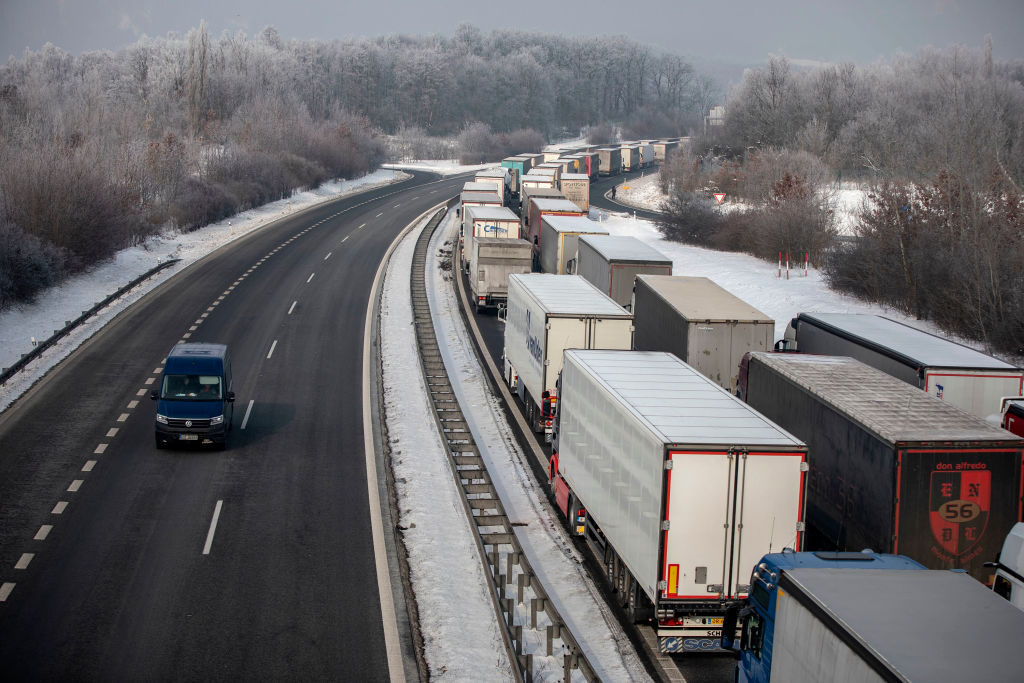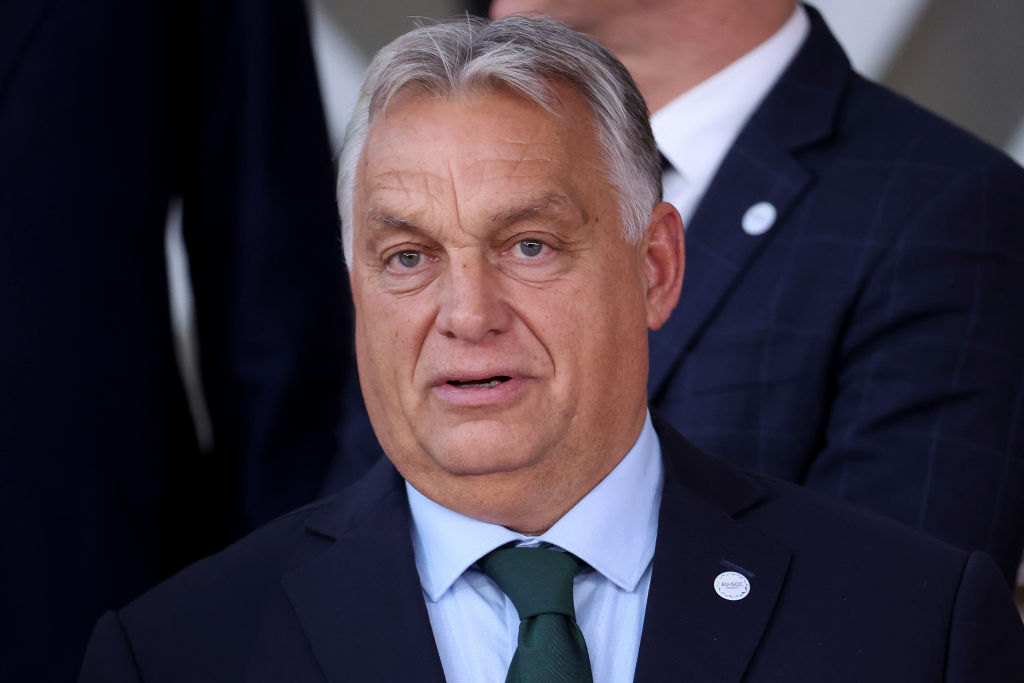Germany should not hold its snap elections – necessary after the ruling government fell apart – too early, owing among other things, to “the increasingly difficult procurement of paper” for election ballots, according to Ruth Brand, head of the Federal Election Commission.
Her recommendation to outgoing Chancellor Olaf Scholz of the Social Democratic Party (SPD) came in an official letter on November 8. Brand also mentioned difficulties with finding companies to print the ballot papers as well as undefined “hybrid threats” as reasons why the election should not be held until March 2025 at the earliest.
“It is a great challenge in this time and age to really procure the paper and really get the print jobs done,” she told German state TV.
Brand has drawn ridicule for her argument, which commentators labelled as a symbol for the dysfunctionality of Germany.
The German paper industry has now officially rejected her allegations of shortages.
“We have paper. The German paper industry is very productive,”Alexander von Reibnitz, head of the Paper Industry Association, told German state TV on November 9. The industry could supply the necessary paper already for an election in January, von Reibnitz continued.
Representatives of other European Union countries also weighed in on the issue. Polish MEP Dariusz Jonski (EPP) told German tabloid Bild on November 10 that if Germany needed printers and papers,, Poland would be ready to sell both to its neighbours. “That way Polish companies will also profit from the election,” Jonski said.
Brand was also accused of partisanship. She was appointed in 2023 by interior minister Nancy Faeser, a fellow SPD politician to Olaf Scholz. The outgoing Chancellor, whose party is expected to do poorly in the election, reportedly would like to push the date of the vote out as far as possible.
On November 10, German news portal Nius alleged that Scholz had been in direct contact with election official Brand before she wrote her letter, which was then immediately passed on to left-wing German magazine Der Spiegel.
Before the talk with Scholz, a speaker for the election agency had told newspaper Handelsblatt that even a short-term snap election would not pose a specific challenge.
In the end, Scholz’ efforts to delay the vote have come to nought. On November 12, the SPD, the Greens and the Conservative CDU agreed that the general election will be held on February 23, 2025.





